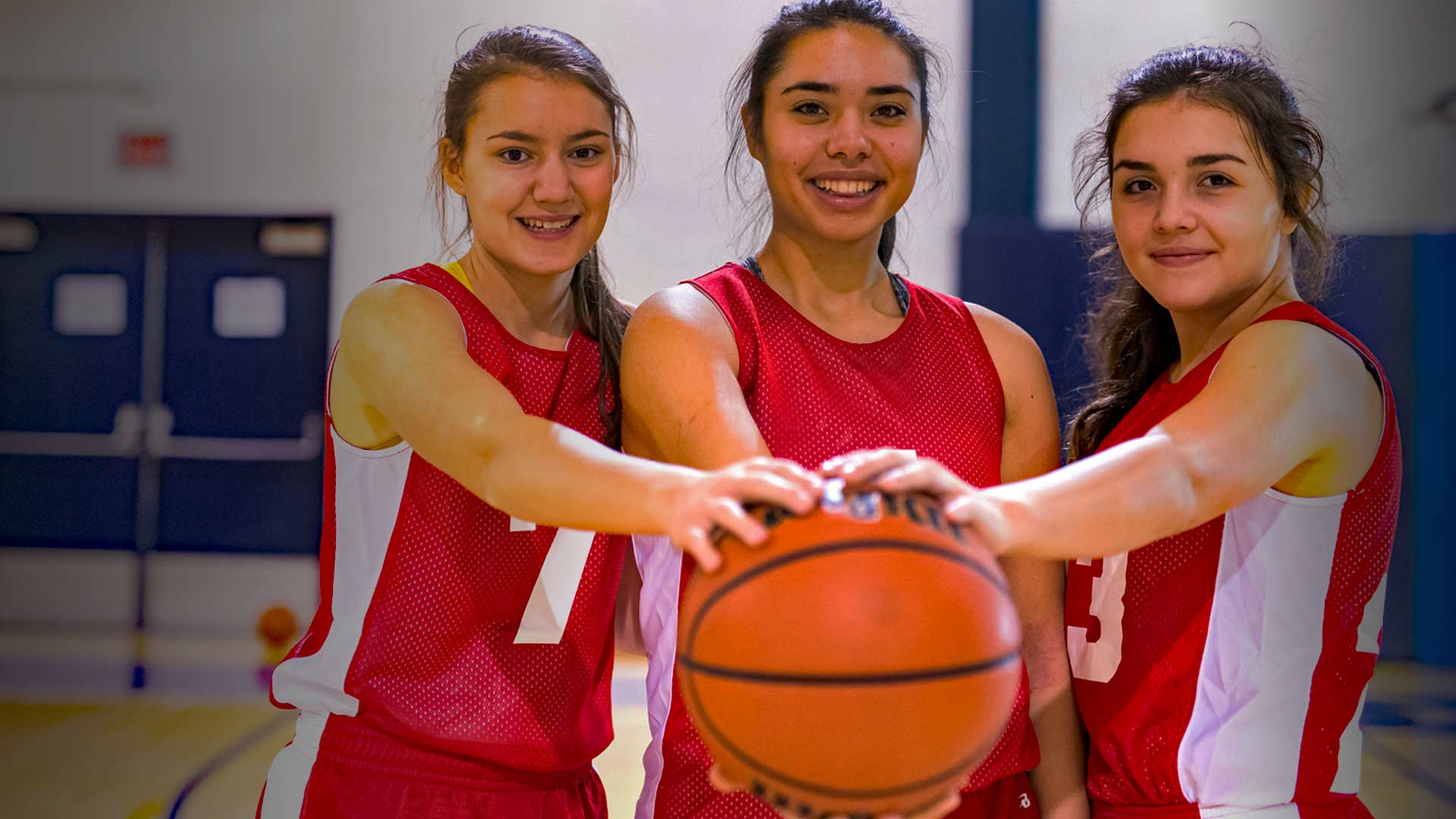Legal Showdown on Gender and Sports: Supreme Court to Hear Cases on Female Athlete Protections
The U.S. Supreme Court is set to engage in a pivotal legal battle concerning the participation of biological males in girls’ sports, a topic that has ignited intense debate across the nation. The cases in question involve state laws from West Virginia and Idaho, with both states seeking the Court’s intervention to uphold legislation designed to protect female athletes.
West Virginia’s Stand
In the case of State of West Virginia v. B.P.J., West Virginia Attorney General JB McCuskey is at the forefront, backed by the Alliance Defending Freedom (ADF) attorneys. They are contesting a decision made by the U.S. Court of Appeals for the 4th Circuit which ruled against West Virginia’s law aimed at ensuring fairness in women’s sports. McCuskey emphasizes that this law is not just legal jargon, but a collective acknowledgment from West Virginians that allowing male athletes to compete against women fundamentally undermines the integrity of women’s sports.
“I think it’s about time female athletes in West Virginia get their voices heard,” he stated. He expresses confidence that the Supreme Court will validate the Save Women’s Sports Act, arguing it aligns with both the U.S. Constitution and Title IX, which advocates for gender equality in education and sports.
Idaho’s Legislation
Simultaneously, the case Little v. Hecox represents Idaho’s plea for the Supreme Court to uphold its Fairness in Women’s Sports Act. Attorney General Raúl Labrador is urging the Court to disregard a ruling from the U.S. Court of Appeals for the 9th Circuit that halted the implementation of this law. Labrador reflects on the continuing struggle against activist movements that have, in his view, marginalized women and girls in their own sporting arenas.
Labrador highlights the biological differences between men and women, arguing that these disparities justify the need for such laws, reinforcing the belief that competition should not come at the expense of fairness and safety for female athletes.
Implications for Alaska
The outcomes of these cases are expected to have far-reaching implications, not least in Alaska, where existing regulations advocate for the protection of girls’ sports by mandating that participants in all-girls competitions must be biologically female. The Alaska Board of Education, in 2023, instituted regulations that echo those of West Virginia and Idaho, limiting participation to cisgender girls.
However, in Alaska, efforts to establish a similar law through the state legislature have faced significant hurdles, primarily due to opposition from Democrat-controlled majorities that have blocked such legislative measures. The current ambiguity in state law has left many advocates concerned about the future of women’s sports in Alaska.
The National Landscape
Across the United States, nearly half of the states have adopted policies aimed at safeguarding women’s sports from the participation of biological males. This trend reflects growing concerns following instances where biological males have dominated female sports, shattering records and claiming titles that had traditionally been held by female athletes.
Supporters of these legislative moves argue that no medical interventions, such as cross-sex hormones or puberty blockers, can sufficiently equalize the inherent physical advantages that biological males possess.
A Call for Fairness
The looming decisions from the U.S. Supreme Court have created an atmosphere charged with anticipation among advocates for women’s sports. The outcomes could empower states like Alaska to codify similar protections, furthering the movement to safeguard the integrity of female athletics nationwide.
Both Attorney General McCuskey and Labrador share a common vision: a sports environment where biological differences are acknowledged and respected, ensuring that women can freely pursue their athletic endeavors without competition from biological males.
Their passionate appeals underscore not only the legal complexities at hand but also the significant social implications that these cases represent for the future of women in sports.


